Indigenous Governance Database
cultural identity
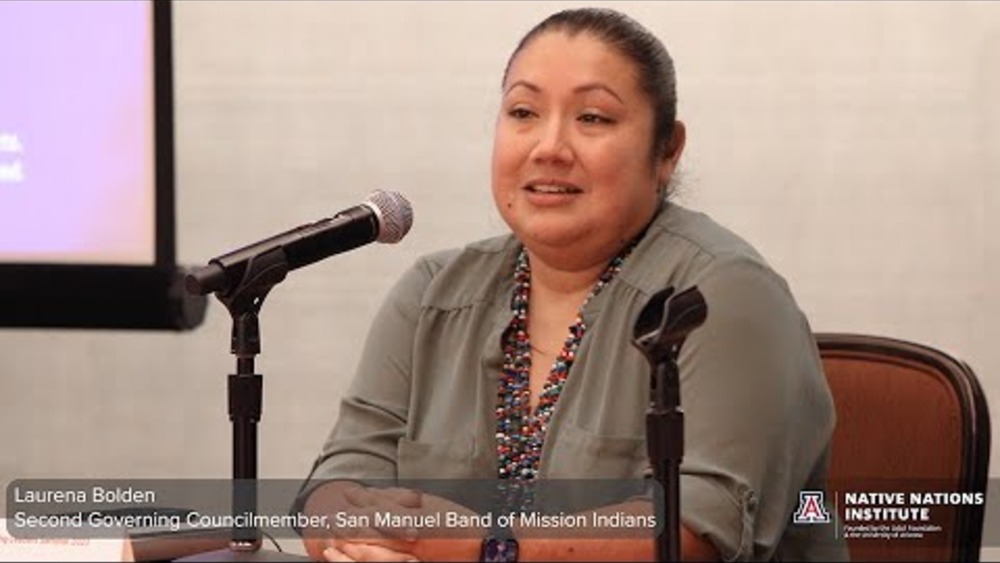
Perspectives From Tribal Leaders: Laurena Bolden, San Manuel Band of Mission Indians
Laurena Bolden, Second Governing Council Member for the San Manuel Band of Mission Indians, joined the Native Nations Institute on the lands of the Salt River Pima - Maricopa Indian Community near Scottsdale, Arizona for the 2023 Emerging Leaders Seminar to offer some perspectives on topics she…
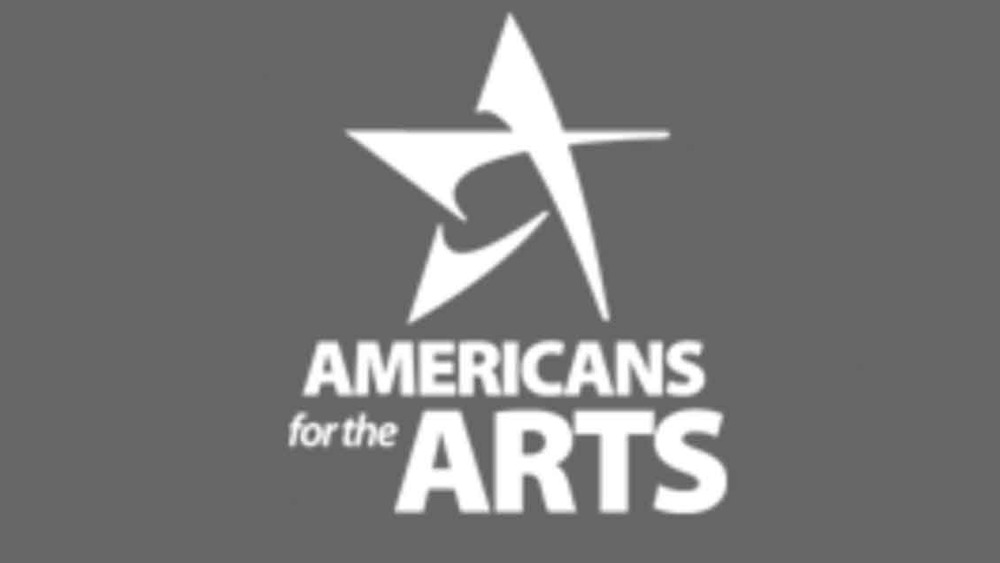
Evaluating the Social Impact of Indigenous Art Projects by Way of Aesthetic Impact
This post is part of Americans for the Arts' Excellence and Equity in Arts for Change blog salon.Indigenous artists have long used art as a means of pushing back on colonial actions, ideas, and ways of being. It is not only a powerful vernacular in which to communicate about the persistence of…
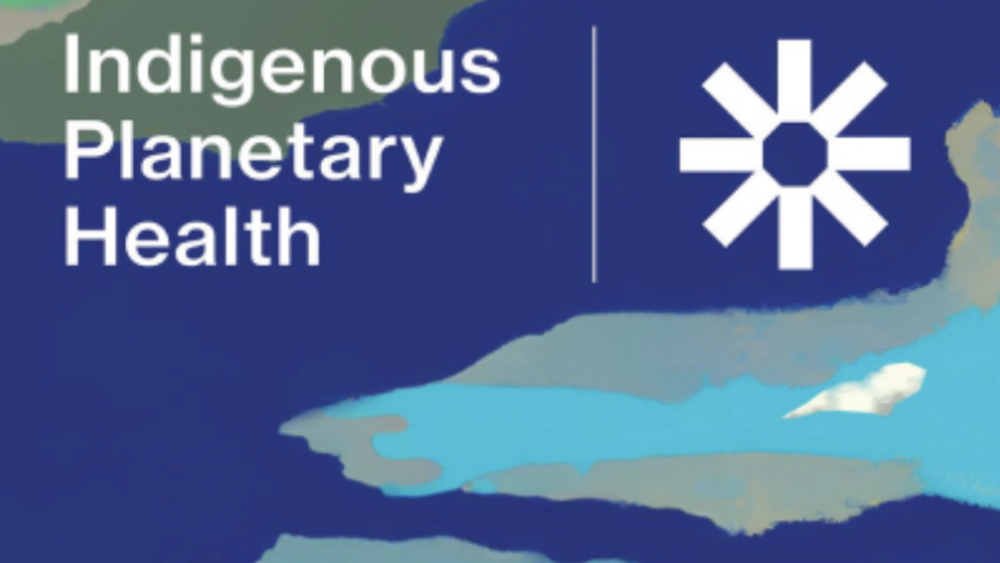
(Re)building Indigenous Governance with Breanne Lavallee-Heckert (Podcast Episode)
In this episode, Heather and, guest host, Carey Newman have a conversation with Métis activist Breanne Lavallee-Heckert. When we spoke with Breanne, she was the Research Director for Indigenous Climate Action, an Indigenous-led organization that works on connecting and supporting Indigenous…
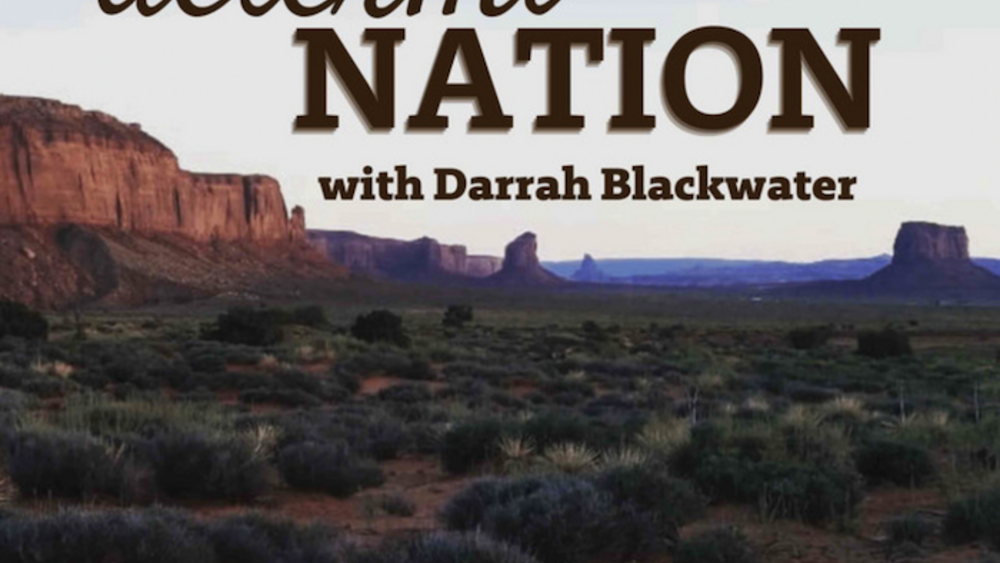
Determi-Nation podcast with Darrah Blackwater
Determi-Nation is a series of conversations with Indigenous people doing incredible things to strengthen sovereignty and self-determination in their communities.
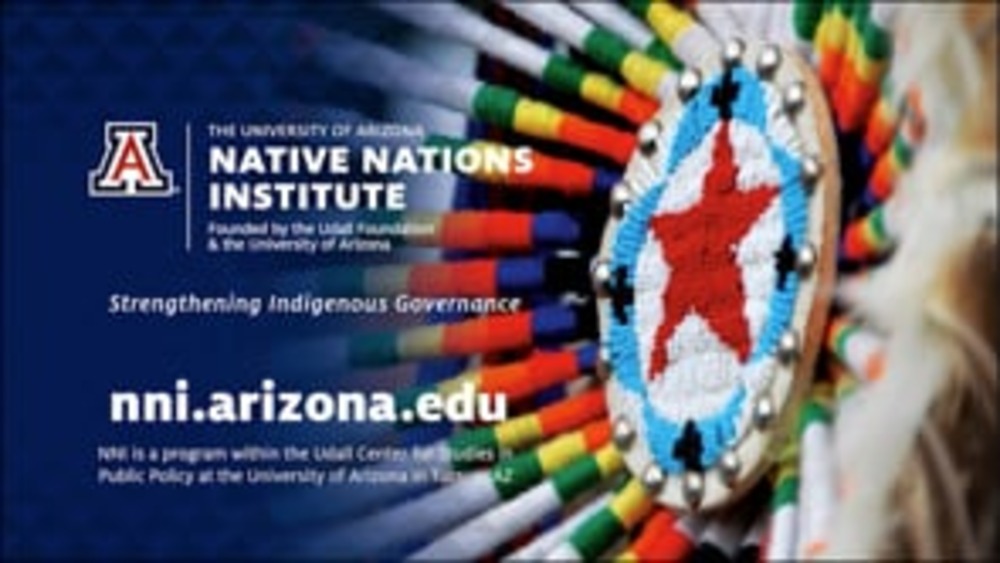
Return of the Red Lake Walleye (Ogaag bii azhe giiwewag)
The Native Nations Institute's film "Return of the Red Lake Walleye" is a 30-minute documentary that tells a compelling story of tribal sovereignty in practice. It chronicles the extraordinary effort of the Red Lake Band of Chippewa Indians -- working together with the State of Minnesota and the…
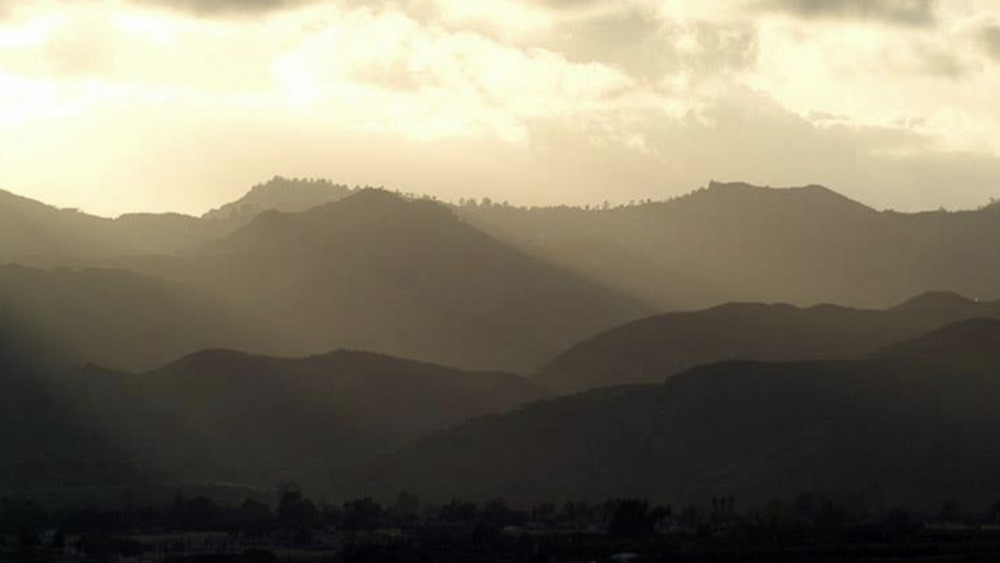
Chemşhúun Pe'ícháachuqeli (When our Hearts are Happy): A Tribal Psychosocial Climate Resilience Framework
Tribes are keenly aware of the interconnection between health, nature, and personal wellbeing. Leading experts in climate change and wellbeing are increasingly encouraging communities to be proactive about protecting and building psychological, social, cultural, and spiritual wellbeing. Often…
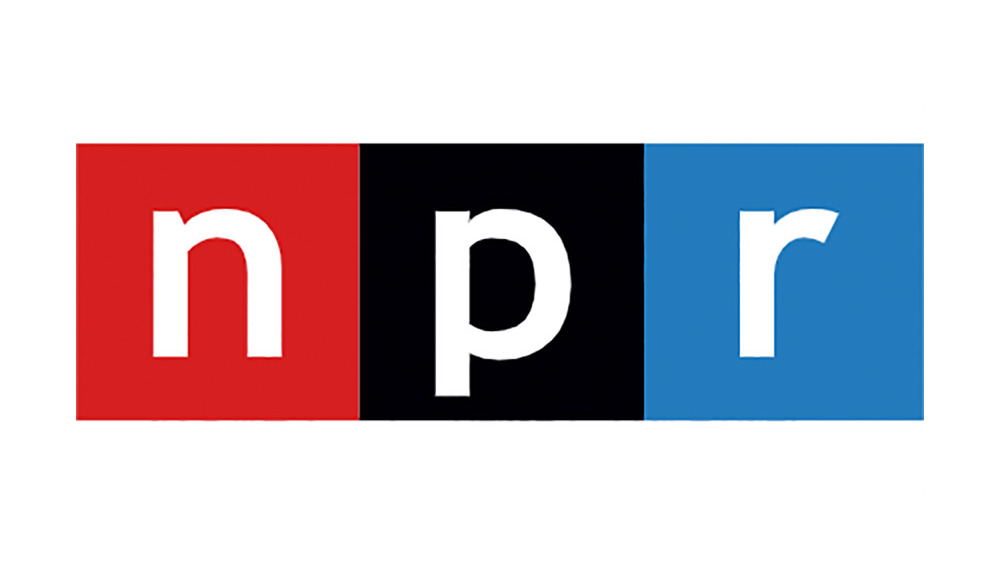
What Makes Someone American Indian?
Who is Native American? It's a complicated question that has tripped up, among others, Massachusetts Senator Elizabeth Warren. The Democratic presidential hopeful recently apologized for identifying American Indian as her race more than 30 years ago. It was around that time that the U.S. census saw…
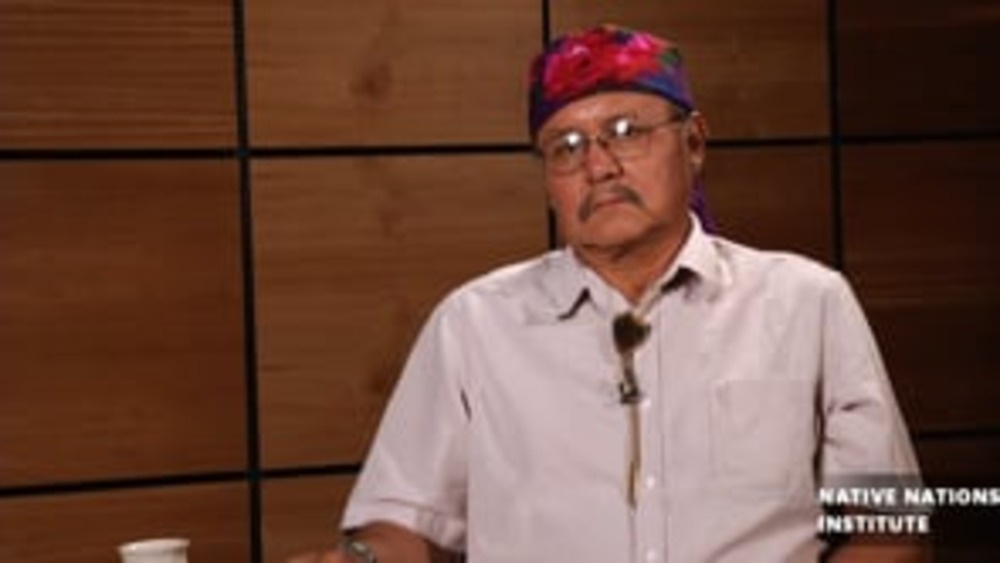
Avery Denny: Origins of Navajo Leadership
Avery Denny is a member of Diné Medicine Man’s Association and is faculty at the Center for Diné Studies at Diné college Diné hatáli. As an instructor for over 29 years, he has taught courses on herbology, holistic healing, and Diné culture, oral history and philosophy. Avery…
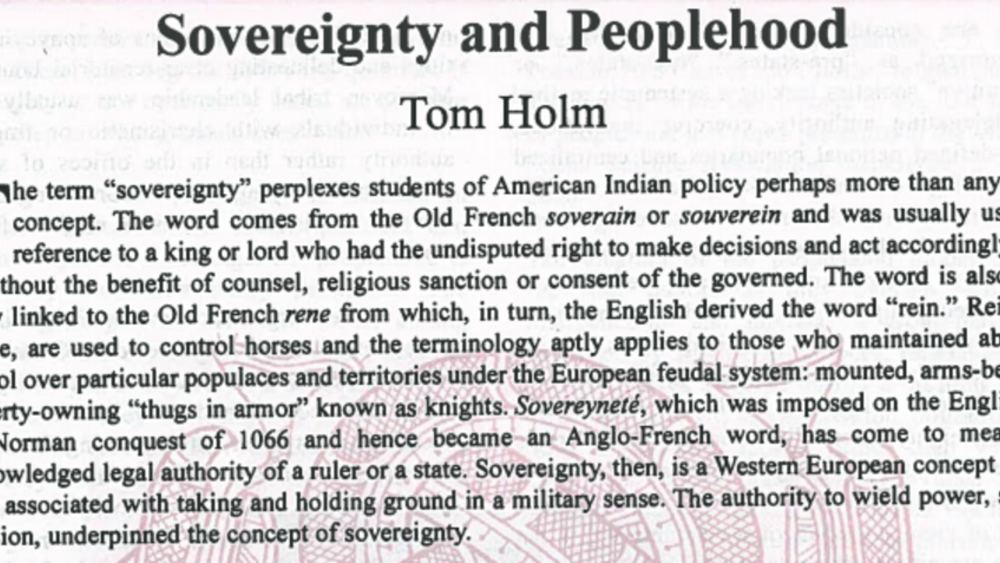
Sovereignty and Peoplehood
The term "sovereignty" perplexes students of the American Indian policy perhaps more than any other concept. The word comes from the Old French soverain or souverein and was usually used in reference to a king or lord who had the undisputed right to make decisions and act accordingly with or…
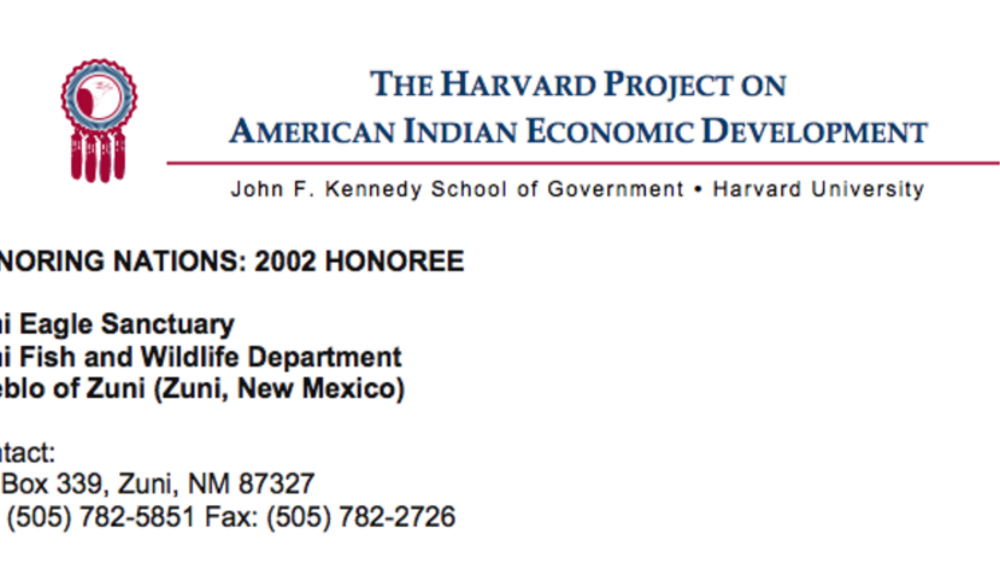
Zuni Eagle Sanctuary
Responding to ceremonial needs for eagle feathers, in 1999, the Pueblo opened the first-ever Native American owned and operated eagle sanctuary. The award-winning facility provides a source of molted eagle feathers for Zuni while at the same time reviving the ancient practice of eagle husbandry.…
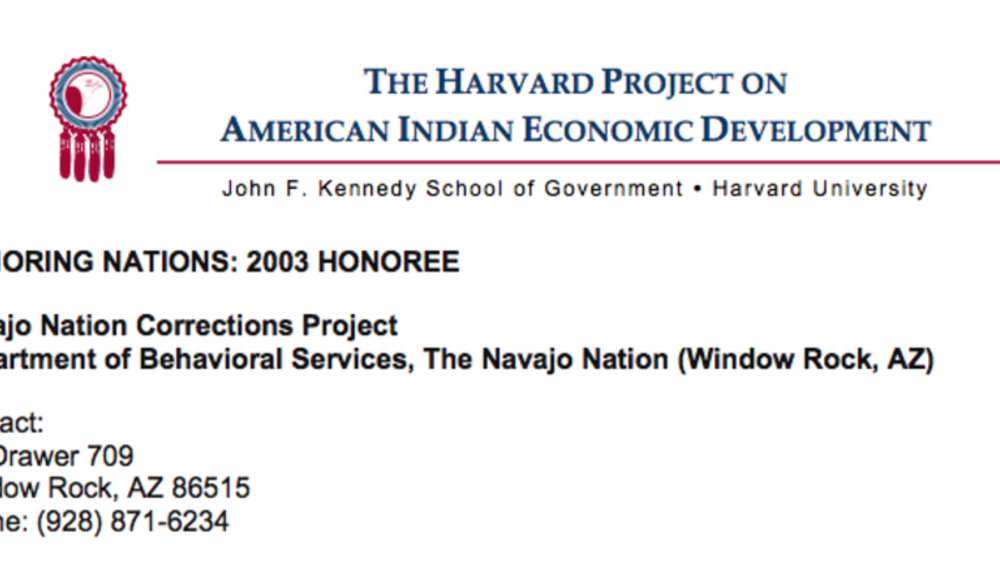
Navajo Nation Corrections Project
Established in 1983, the Corrections Project facilitates, coordinates, and advocates for the use of spiritual ceremonies, cultural activities, and counseling for Navajo and other Indians in correctional facilities. As the liaison between inmates, their families, and Indian and non-Indian government…
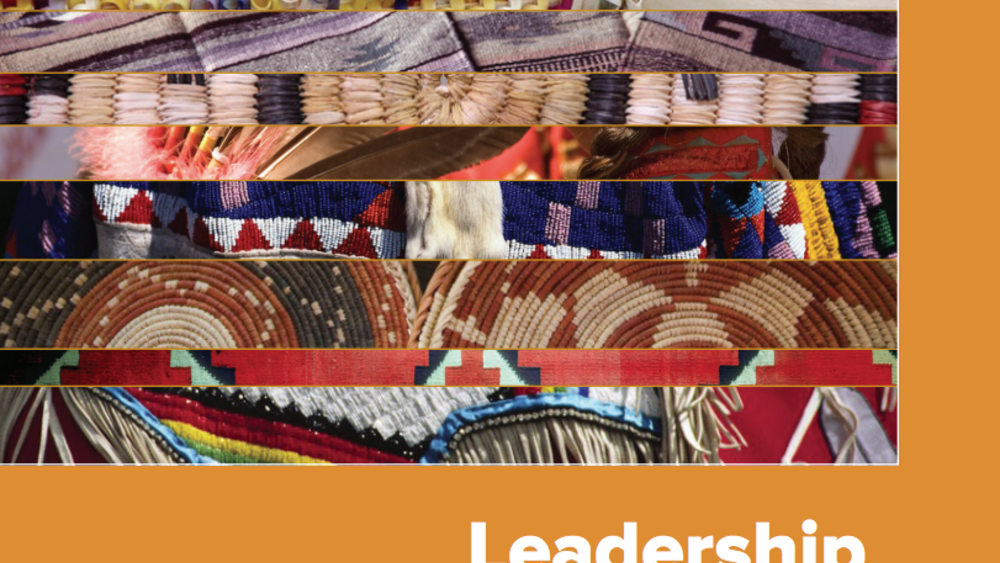
Leadership Development in the Native Arts and Culture Sector
Burgeoning cultural renewal in Native America and growing mainstream recognition of Native artists and their ideas have resulted in substantial growth in the Native arts and culture sector. The leaders of Native arts and cultural organizations have been a significant force behind this change. They…
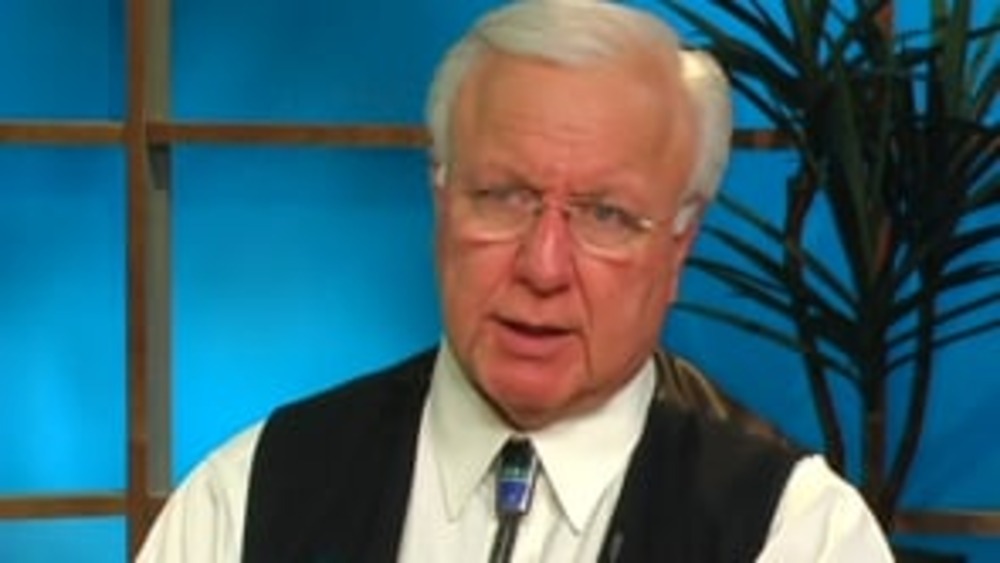
John "Rocky" Barrett: Citizen Potawatomi's Inclusive Approach to Citizenship
A 3-minute clip of an interview with Chairman Barrett describing how Citizen Potawatomi Nation created a government structure and constitution that worked for the nation's large and very dispersed population.
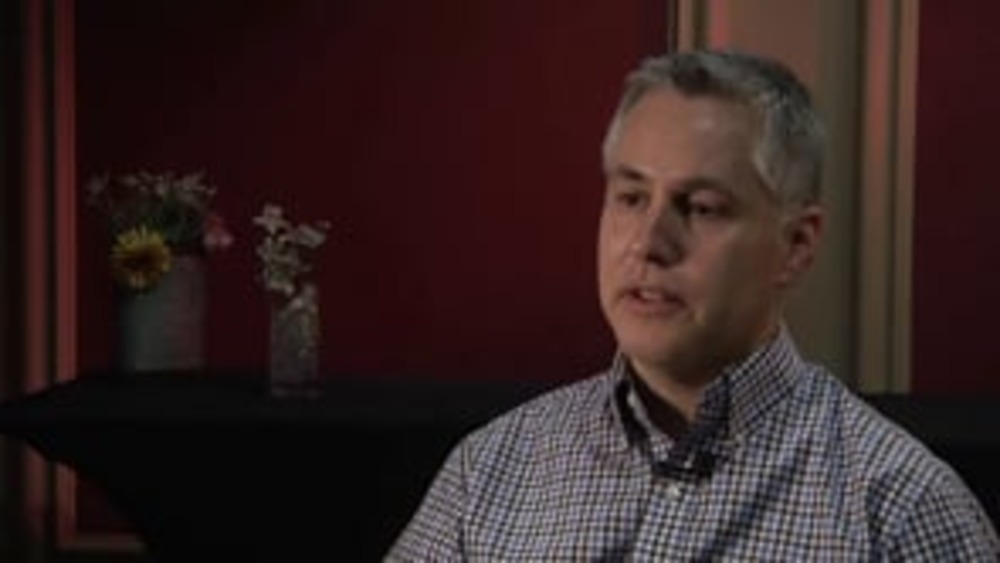
John Borrows: Revitalizing Indigenous Constitutionalism in the 21st Century
In this thoughtful conversation with NNI's Ian Record, scholar John Borrows (Anishinaabe) discusses Indigenous constitutionalism in its most fundamental sense, and provides some critical food for thought to Native nations who are wrestling with constitutional development and change in the 21st…
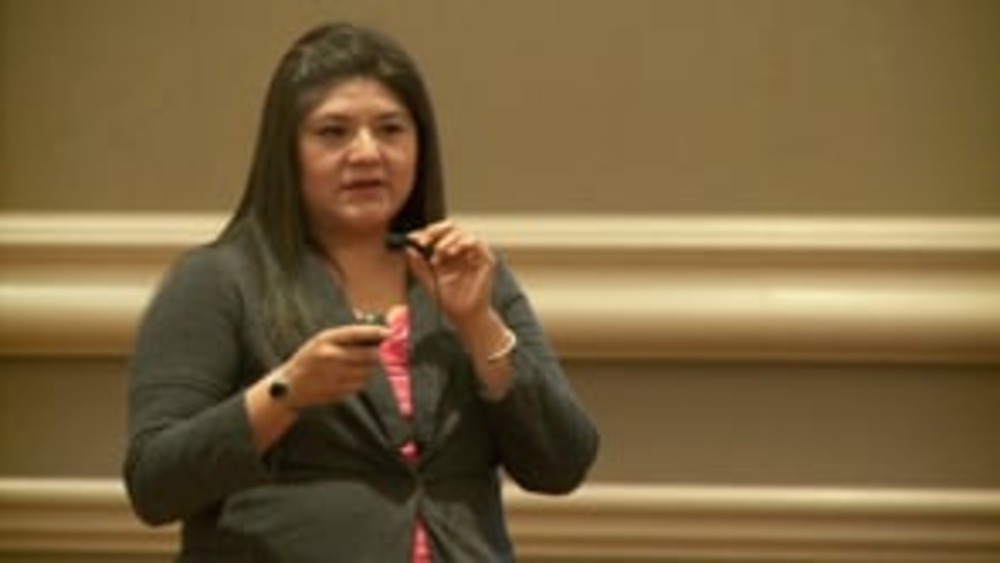
Shannon Douma: Cultivating Good Leadership: The Santa Fe Indian School's Summer Policy Academy
Shannon Douma (Pueblo of Laguna) provides a detailed overview of how the Santa Fe Indian School's Summer Policy Academy works to develop Pueblo youth to ably take the leadership reins of their nations through a rigorous curriculum designed to build up their sense of cultural identity and personal…
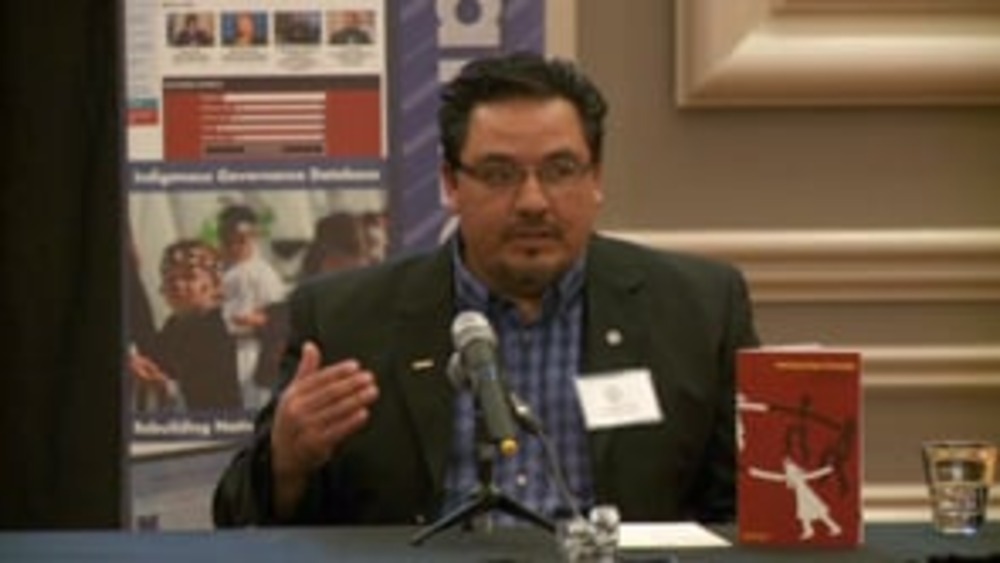
Carlos Hisa and Esequiel (Zeke) Garcia: Ysleta del Sur Pueblo: Redefining Citizenship (Q&A)
Carlos Hisa and Zeke Garcia from Ysleta del Sur Pueblo (YDSP) field questions about YDSP's current community-based effort to redefine its criteria for citizenship, and they provide additional detail about the great lengths to which YDSP has gone in order to document the origins and history of their…
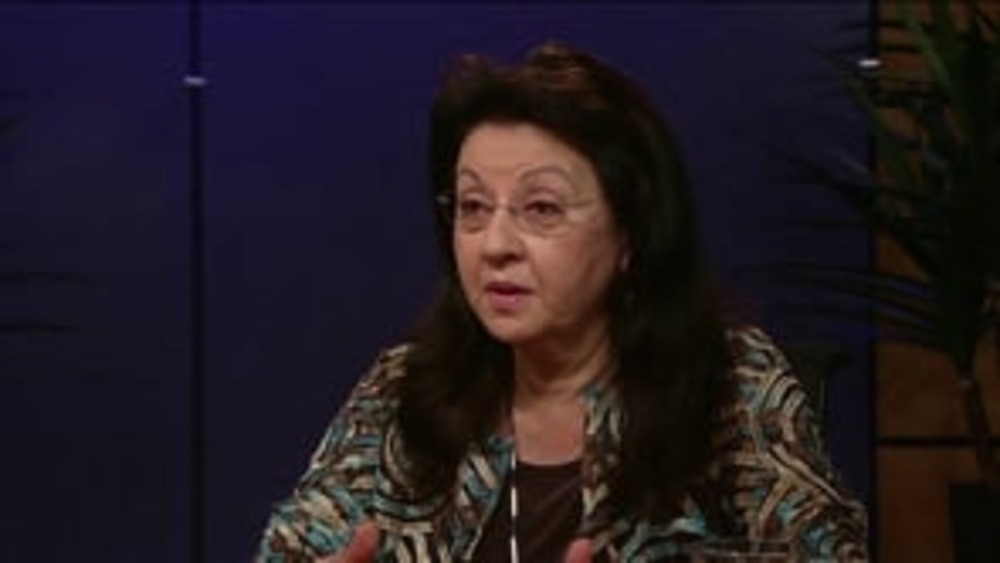
Eva Petoskey: Empowering Good Leadership Through Capable Governance: What My Leadership Experience Taught Me
Eva Petoskey, citizen and former council member of the Grand Traverse Band of Ottawa and Chippewa Indians (GTB), discusses her experiences as an elected leader during a pivotal time in GTB's history. She also stress the importance of Native nations developing capable institutions of self-governance…
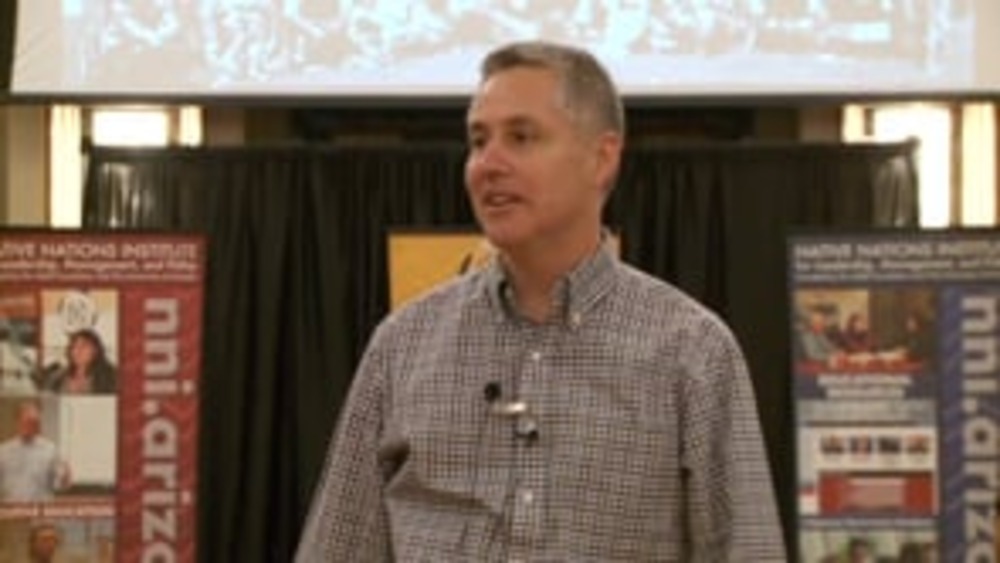
John Borrows: Who Are We and How Do We Know?
University of Minnesota Law Professor John Borrows (Anishinaabe) discusses how the Anishinaabe traditionally defined and practiced notions of social identity and belonging, and how those definitions and practices were rooted in relationships: relationships between those deemed to be part of the…
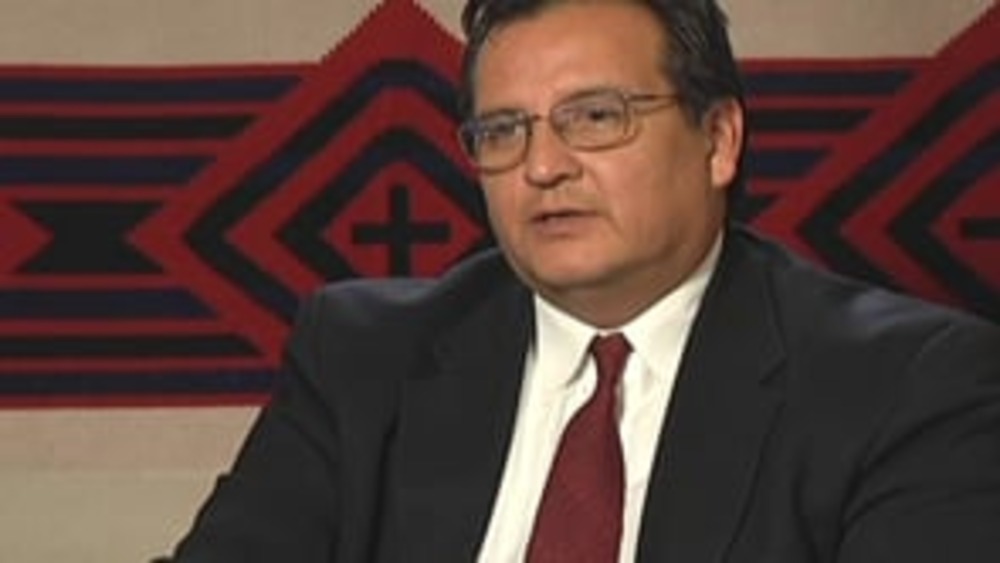
James R. Gray: Rebuilding Osage Governance from the Ground Up
In this informative intervew with NNI's Ian Record, James R. Gray, former Principal Chief of the Osage Nation, details his nation's effort to design a new constitution and government from the ground up, and provides an overview of the thorough education and consultation process the nation developed…
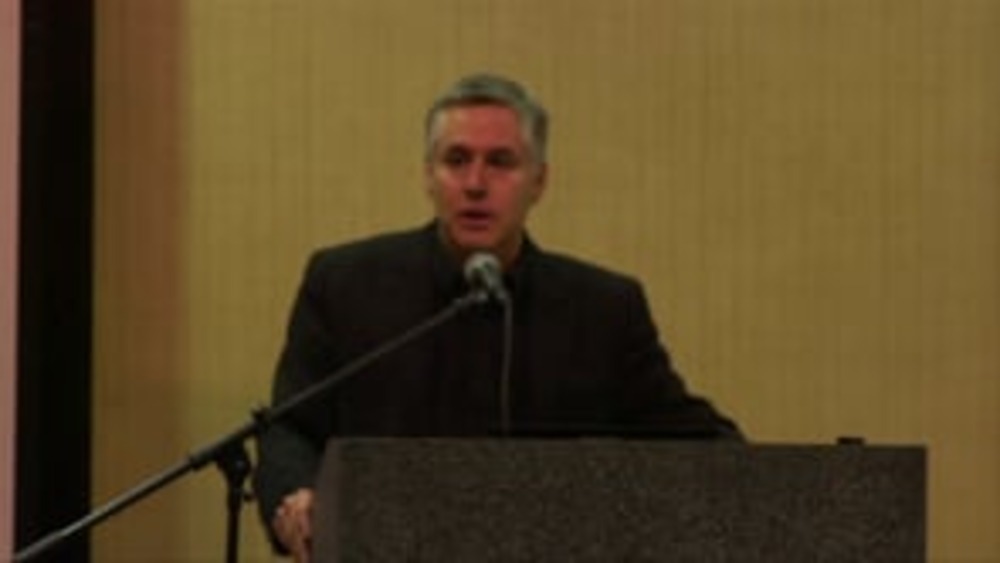
John Borrows: Anishinaabe Principles of Citizenship and Identity
University of Minnesota Law Professor John Borrows (Anishinaabe) provides an overview of how Anishinaabe people defined citizenship and identity traditionally, and how the cultural principles embedded in that traditional definition possess great power to inform laws defining tribal citizenship…
